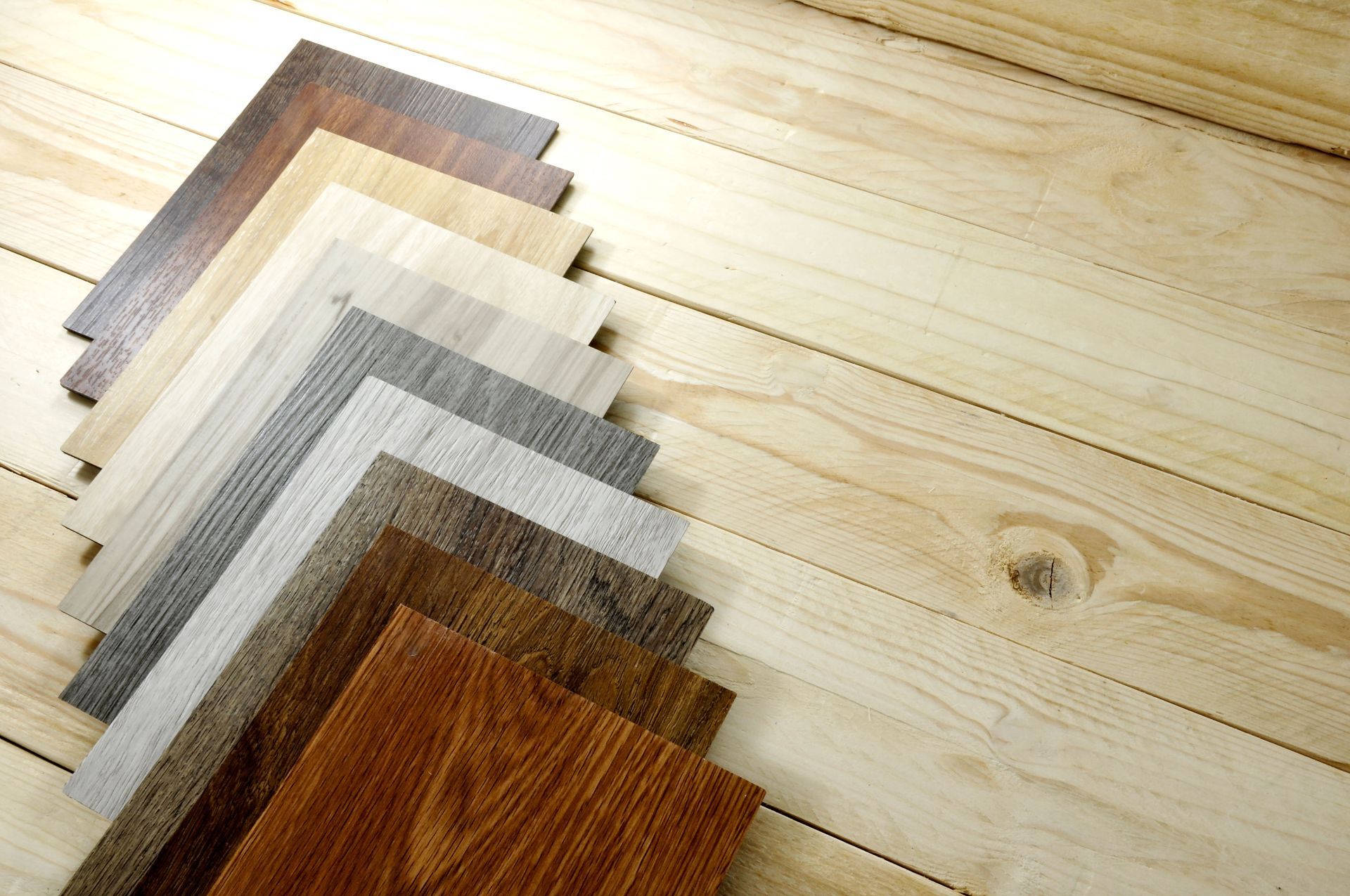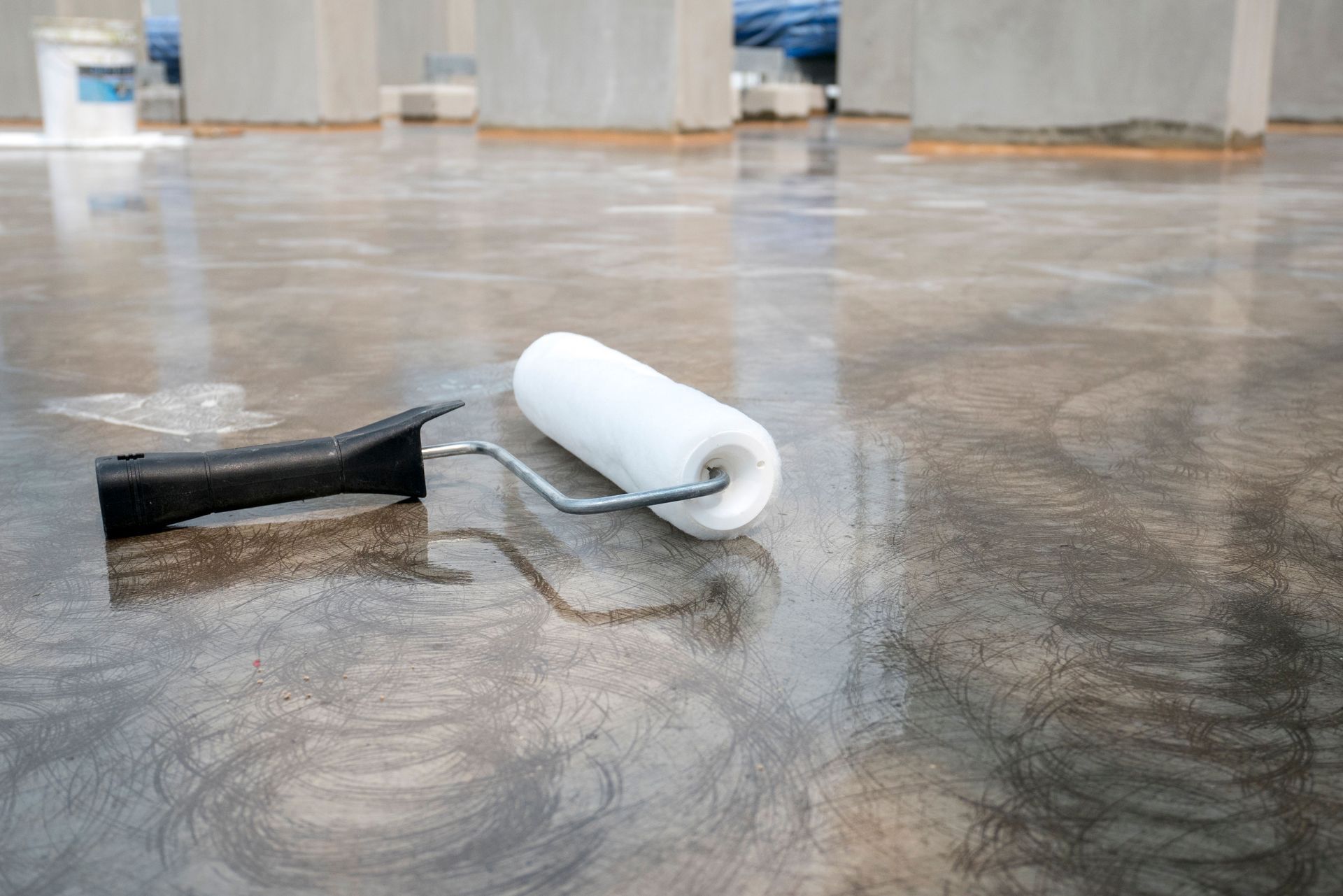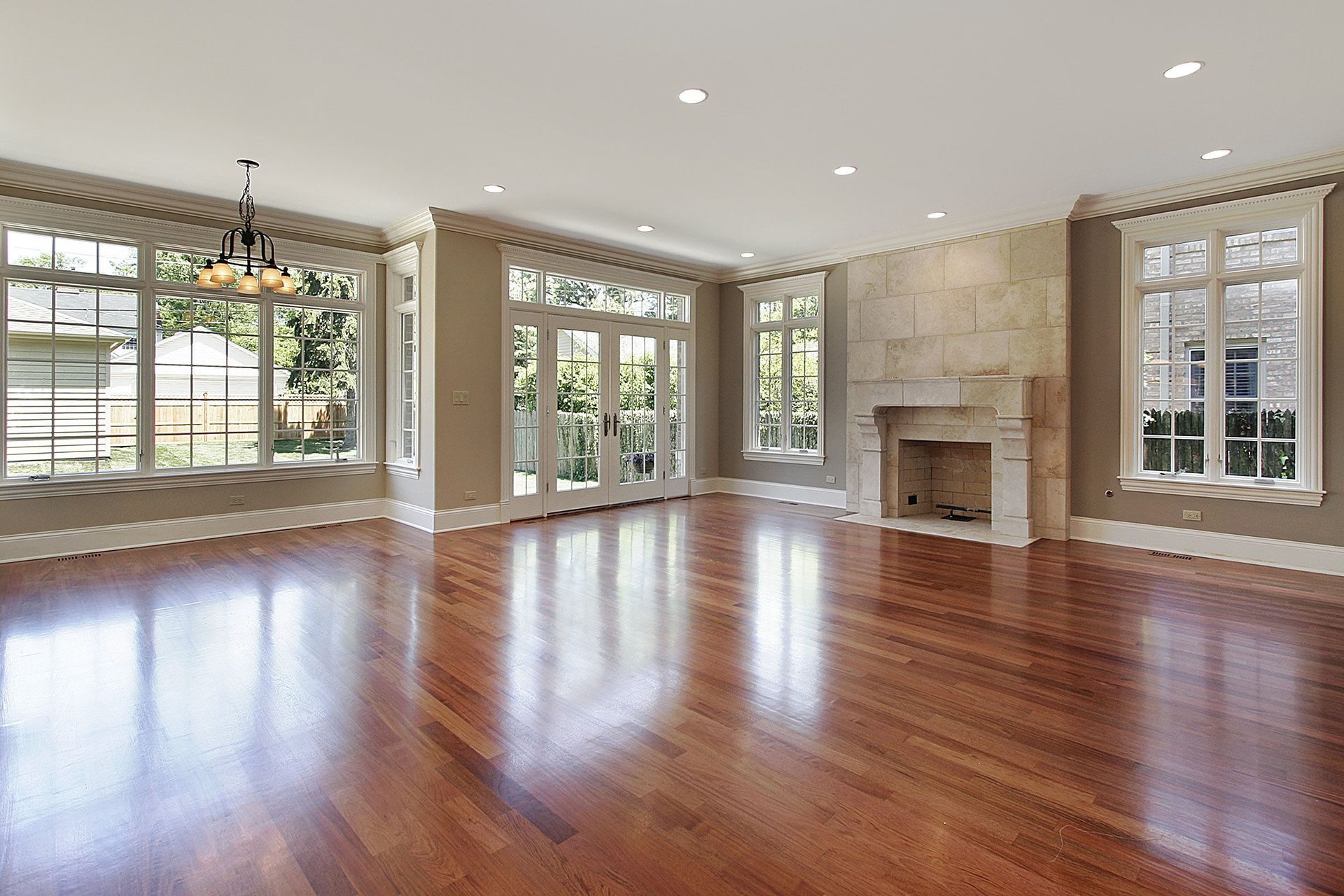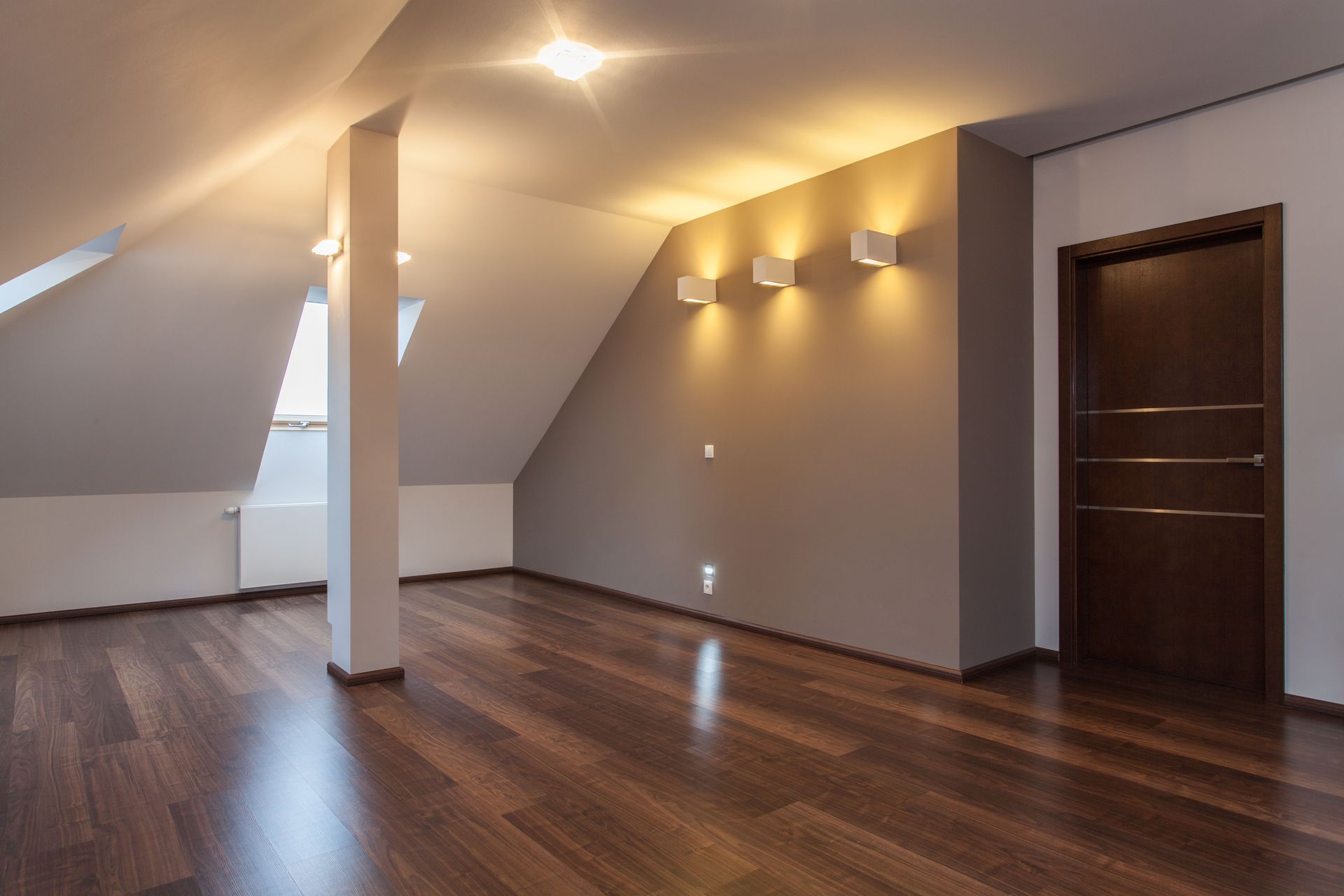Weighing the Pros and Cons of Engineered Hardwood Versus LVP
When it comes to upgrading your home, flooring is one of the most impactful decisions you can make. The right floor not only enhances aesthetic appeal but also influences durability, maintenance, and long-term value. Two of the most popular options available today are engineered hardwood and luxury vinyl plank (LVP). Each has unique advantages, challenges, and design possibilities, making the choice highly dependent on personal style, budget, and functional requirements. This comprehensive comparison examines the qualities of engineered hardwood and LVP to help you determine which material best aligns with your needs. Whether you’re working with a professional installer or a trusted flooring company, understanding these details ensures you invest wisely in a floor that will stand the test of time.
Flooring also plays a crucial role in how comfortable and functional a space feels. A durable option can withstand years of foot traffic, while the wrong choice may quickly show signs of wear. Beyond appearance, homeowners must weigh factors such as moisture resistance, ease of cleaning, installation methods, and environmental impact. Because floors aren't replaced as often as other features in a home, it’s essential to make an informed decision from the start. By carefully comparing the strengths and limitations of engineered hardwood and LVP, you can select a flooring option that not only looks great but also serves your lifestyle for years to come.
The Strength and Longevity of Engineered Hardwood
Engineered hardwood is constructed with a real hardwood veneer on top and multiple layers of high-density fiberboard or plywood beneath. This layered design enhances stability and reduces common hardwood issues like warping or shrinking due to temperature and humidity changes. Many homeowners appreciate engineered hardwood because it delivers the timeless beauty of natural wood while offering enhanced resistance to environmental challenges.
Appearance is a major draw. With authentic wood veneers, engineered hardwood achieves the classic look that synthetic alternatives often strive to replicate. It comes in a wide variety of stains, finishes, and species, such as oak, maple, or hickory, making it suitable for both traditional and contemporary interiors. Some options even allow for refinishing, depending on veneer thickness, extending both style versatility and lifespan.
Durability is another strength. According to Wood and Beyond, engineered hardwood flooring can last more than 40 years when properly maintained. This long lifespan, coupled with protective finishes that resist scratches and stains, makes engineered hardwood a long-term investment for homeowners seeking resilience and elegance in one package. For those working with a flooring company, quality materials and professional installation can ensure maximum performance.
The Practicality and Versatility of Luxury Vinyl Plank
Luxury Vinyl Plank (LVP) is made of multiple synthetic layers, including a waterproof vinyl core and a wear layer that protects against scratches, stains, and UV damage. Its most notable feature is its ability to mimic the appearance and even the texture of natural materials like wood, stone, or tile. High-resolution imaging and embossing technologies create realistic patterns and textures that can fool even a trained eye.
LVP’s resistance to wear and tear makes it an excellent choice for high-traffic areas, homes with pets, or families with young children. Unlike hardwood, LVP is completely waterproof, so it performs well in kitchens, bathrooms, and basements where moisture would normally cause significant damage. Maintenance is also straightforward—regular sweeping and occasional mopping are usually enough to keep it looking new.
Its affordability further adds to its appeal. It delivers the appearance of luxury surfaces at a fraction of the cost, making it a go-to choice for budget-conscious consumers. Many homeowners appreciate that installation is simple, often using a click-lock system that makes DIY projects feasible. For those looking to save on both materials and labor, LVP offers a practical solution without compromising style.
Environmental Considerations for Both Options
Eco-conscious buyers increasingly evaluate sustainability when selecting flooring. Engineered hardwood tends to use less solid wood than traditional hardwood flooring, making more efficient use of natural resources. Many products come from Forest Stewardship Council (FSC)-certified forests and use adhesives or finishes with lower VOC emissions, reducing their environmental footprint. Additionally, because engineered hardwood can often be refinished, it decreases the need for frequent replacements.
LVP, while synthetic, has also made strides in eco-friendliness. Some manufacturers incorporate recycled materials into their products and work to minimize emissions during production. Certifications such as FloorScore indicate compliance with strict indoor air quality standards. While not biodegradable, LVP’s durability and long life cycle contribute to sustainability by reducing replacement frequency.
A knowledgeable flooring company can guide consumers toward eco-friendly products, whether that means FSC-certified engineered hardwood or LVP with recycled content and low-VOC certifications. These options help balance performance and environmental responsibility.
Cost and Value Comparison
When comparing cost, engineered hardwood generally falls between solid hardwood and LVP. Its price depends on factors like veneer thickness, wood species, and installation method. Although its upfront cost may be higher, engineered hardwood offers excellent long-term value thanks to its durability and refinishing potential. Additionally, it can increase property resale value, as many buyers view real wood flooring as a premium feature.
LVP, on the other hand, shines in affordability. Both material and installation costs are lower than engineered hardwood, and its simple maintenance adds to its cost-effectiveness. DIY installation options, such as peel-and-stick tiles or click-lock planks, further reduce expenses. While LVP might not add the same resale value as engineered hardwood, its budget-friendly profile and wide range of design options make it a smart choice for many households.
Ultimately, the decision often comes down to whether you value long-term investment and timeless appeal or affordability and practicality. Working with a flooring company can help you weigh upfront expenses against long-term value, ensuring your choice aligns with your financial goals and lifestyle.
Requirements for Each Material
Engineered hardwood offers flexible installation methods, including nail-down, glue-down, and floating systems. Nail-down is ideal for plywood subfloors, while glue-down works well over concrete. Floating floors, which involve interlocking planks laid over underlayment, are popular for their ease and ability to cover minor subfloor imperfections. While DIY installation is possible for some floating floors, many homeowners prefer hiring a flooring company to guarantee professional results.
LVP is known for its simple installation. Most products feature a click-lock system that snaps planks together without nails or glue. Floating installations are common and convenient, making LVP especially attractive for DIY enthusiasts. Glue-down and peel-and-stick versions are also available, providing durable solutions for commercial spaces or high-traffic areas. Regardless of the method, LVP’s installation is generally quicker and less labor-intensive than engineered hardwood.
Proper tools and preparation are essential for both materials. Saws, adhesives, and fasteners may be necessary for engineered hardwood, while LVP often requires little more than a utility knife and measuring tools. Consulting a flooring company ensures that subfloor preparation and installation meet professional standards, which is critical to long-term performance.
Choosing between engineered hardwood and luxury vinyl plank ultimately depends on your budget, lifestyle, and design goals. Engineered hardwood offers timeless beauty, refinishing potential, and long-lasting durability, while LVP excels in affordability, waterproof resilience, and ease of installation. Both options have eco-friendly innovations and provide versatile design possibilities. The decision is less about which is better overall and more about which fits your specific needs. If you’re considering a renovation, partnering with an experienced flooring company can help you evaluate the pros and cons of each option and ensure professional installation. With the right choice, your new floor can enhance your home’s value, functionality, and style for decades to come. Transform your home with lasting beauty and durability—trust Pro Finish to deliver expert guidance and flawless installation for all your flooring needs.






Share On: